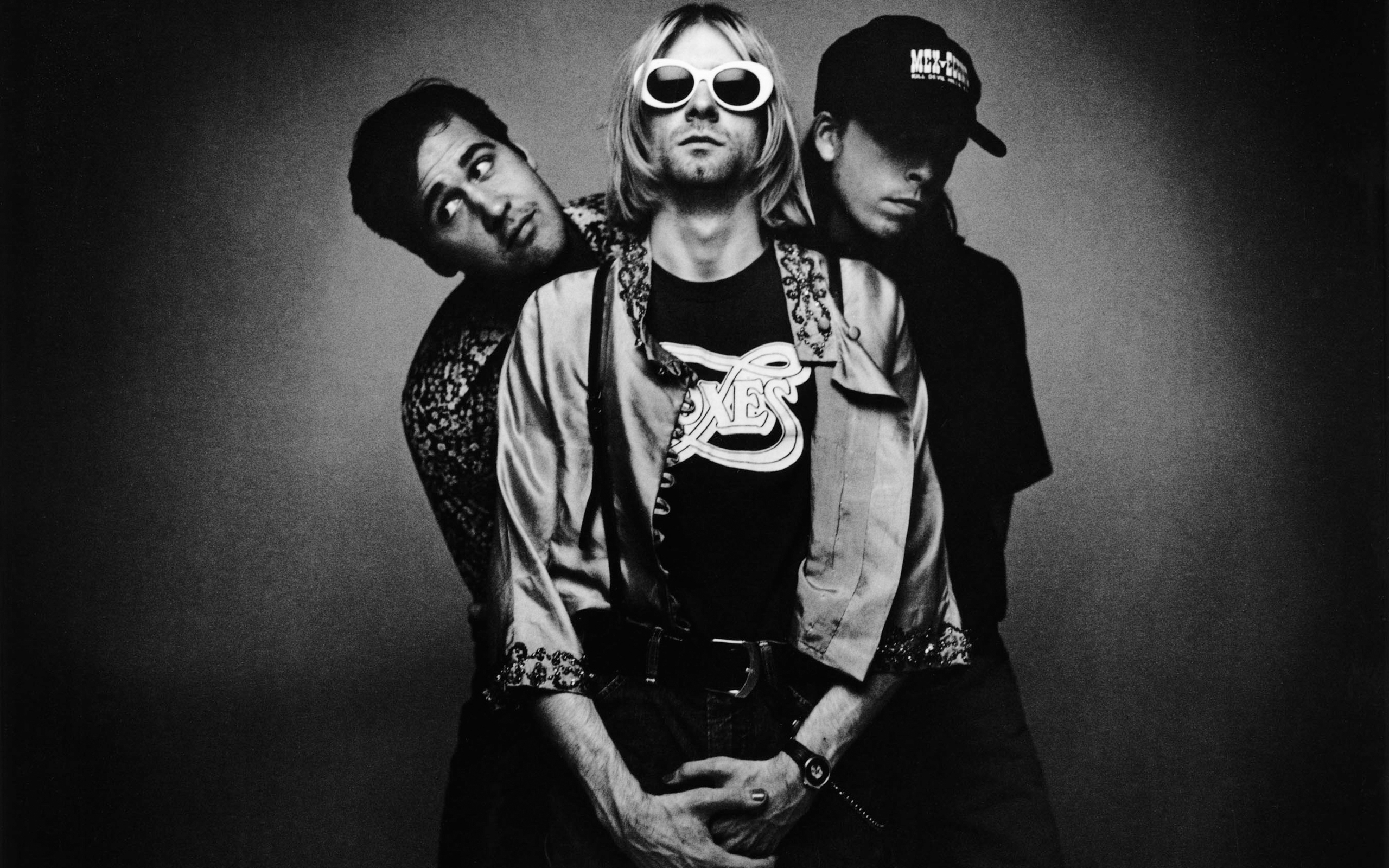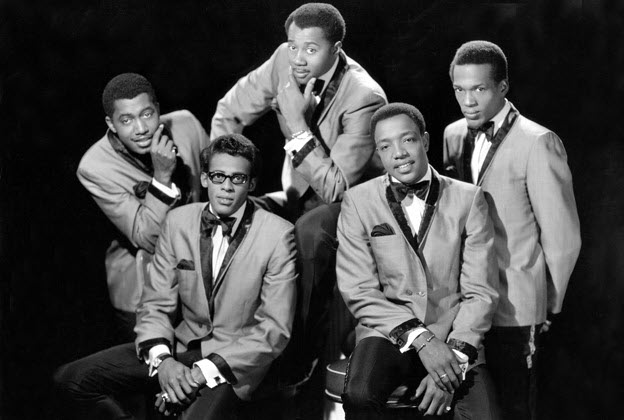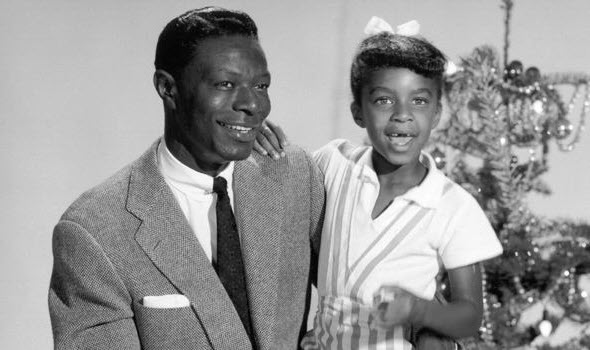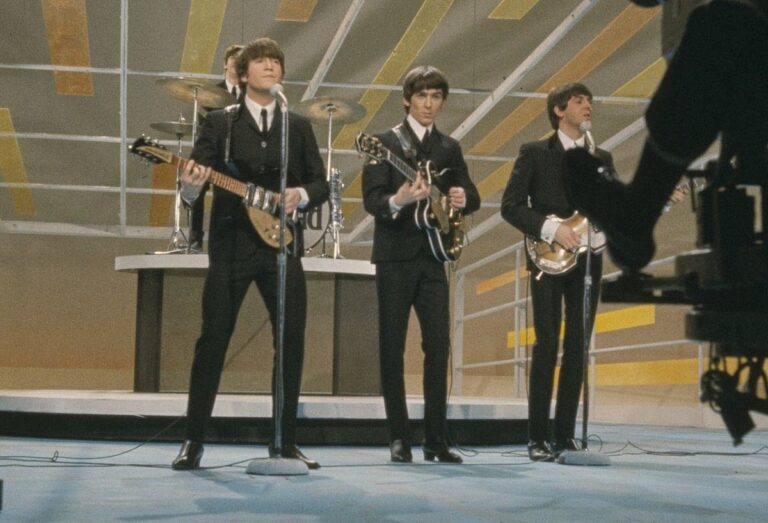Unleash Your Grunge Spirit: The Top 10 Ultimate Nirvana Anthems Ever Recorded!
Nirvana stands as an eternal icon of the 1990s grunge movement, epitomizing raw emotion, unbridled energy, and a seismic shift in musical paradigms. In commemorating their legacy, we delve into the heart of their discography to unearth the Top 10 Best Nirvana Songs of All Time. From the angst-filled anthems that defined a generation to the quieter, introspective moments that showcased Kurt Cobain’s lyrical prowess, Nirvana’s catalog remains a testament to the band’s unparalleled impact on music history. Each song serves as a sonic time capsule, encapsulating the tumultuous spirit of the era while transcending temporal confines to resonate with audiences across generations. As we traverse this musical landscape, we’ll dissect the layers of distortion, dissect the raw emotion, and celebrate the sonic tapestry woven by Cobain, Novoselic, and Grohl. Whether it’s the frenetic energy of “Smells Like Teen Spirit,” the haunting beauty of “Come As You Are,” or the visceral intensity of “Lithium,” Nirvana’s repertoire continues to captivate and inspire listeners worldwide. Join us on a journey through the sonic legacy of one of rock music’s most enduring and influential bands as we rank the Top 10 Best Nirvana Songs of All Time.
1. In Bloom
“In Bloom” stands as a timeless anthem within Nirvana’s iconic repertoire, embodying the band’s signature blend of raw energy and introspective lyricism. Released as part of their groundbreaking album “Nevermind” in 1991, the song swiftly captivated audiences worldwide with its compelling fusion of grunge rock and catchy melodies.
From its hauntingly catchy guitar riff to Kurt Cobain’s evocative vocals, “In Bloom” encapsulates the essence of Nirvana’s musical prowess. Lyrically, the song offers a sardonic critique of the mainstream culture’s tendency to misinterpret and commodify the band’s music and message, making it a powerful statement of artistic integrity and rebellion.
The track’s infectious chorus and dynamic shifts between quiet verses and explosive choruses underscore its enduring appeal, resonating with listeners across generations. Its inclusion in numerous films, TV shows, and commercials further solidifies its status as one of Nirvana’s most enduring and influential compositions.
“In Bloom” remains a cornerstone of the grunge movement and continues to inspire countless musicians and fans alike, cementing its rightful place as one of the topmost popular and best Nirvana songs of all time.
2. About a Girl
“About a Girl” is a seminal track that showcases Nirvana’s versatility and knack for crafting melodic, emotionally resonant compositions. Featured on their debut album “Bleach” in 1989, the song stands out amidst the band’s heavier, grittier sound with its jangly guitar lines and heartfelt lyrics.
Written by Kurt Cobain, “About a Girl” offers a departure from the angst-filled anthems that would come to define much of Nirvana’s discography. Instead, it presents a more vulnerable and introspective side of the band, exploring themes of love, longing, and personal reflection.
The song’s stripped-down instrumentation and Cobain’s plaintive vocals create an intimate atmosphere, drawing listeners into the narrator’s emotional journey. Despite its relatively simple structure, “About a Girl” possesses a timeless quality that resonates with audiences to this day.
The track’s inclusion on Nirvana’s iconic “MTV Unplugged in New York” album in 1994 further solidified its status as a fan favorite and cemented its place in the band’s legacy. “About a Girl” remains a standout moment in Nirvana’s discography, beloved by fans for its poignant lyrics and infectious melody.
3. Smells Like Teen Spirit
“Smells Like Teen Spirit” isn’t just a song; it’s a cultural touchstone, a defining anthem of a generation, and arguably Nirvana’s most iconic track. Released in 1991 as the lead single from their groundbreaking album “Nevermind,” the song revolutionized the music scene and catapulted Nirvana to worldwide fame.
From the explosive opening riff to Kurt Cobain’s unforgettable scream of “Here we are now, entertain us,” “Smells Like Teen Spirit” encapsulates the spirit of rebellion and disillusionment that defined the grunge movement of the early ’90s. Its infectious melody, powerful guitar riffs, and anthemic chorus resonated with disaffected youth, propelling the song to the top of the charts and solidifying Nirvana’s status as the voice of a generation.
Lyrically enigmatic yet undeniably resonant, the song’s meaning has been endlessly dissected and debated, adding to its mystique and enduring appeal. Its music video, directed by Samuel Bayer, became an instant classic, capturing the band’s electrifying live energy and DIY aesthetic.
Decades after its release, “Smells Like Teen Spirit” remains a cultural phenomenon, continuing to inspire and influence countless artists across genres. Its legacy as one of the greatest rock songs of all time is firmly cemented, ensuring its place in music history for generations to come.
4. Come As You Are
“Come As You Are” emerges as a quintessential Nirvana masterpiece, weaving together haunting melodies with introspective lyrics in a way that only Kurt Cobain and his bandmates could. Released as the second single from their landmark album “Nevermind” in 1991, the song quickly became an anthem for a generation grappling with identity and authenticity.
Driven by its distinctive guitar riff, “Come As You Are” possesses a hypnotic quality that draws listeners in from the first note. Cobain’s vocals, simultaneously plaintive and powerful, deliver lyrics that speak to themes of self-acceptance, inner turmoil, and the search for connection in a world fraught with uncertainty.
While its meaning has been subject to interpretation, the song’s message of embracing one’s true self resonates deeply with fans around the globe. Its chorus, with its poignant plea to “come as you are,” serves as a rallying cry for individuality and acceptance, encapsulating the ethos of the grunge movement.
The accompanying music video, featuring surreal imagery and kaleidoscopic visuals, further cemented the song’s status as a cultural touchstone. “Come As You Are” continues to hold sway over audiences, its timeless appeal transcending generations and solidifying its place as one of Nirvana’s most beloved and enduring compositions.
5. Lithium
“Lithium” emerges as a poignant exploration of inner turmoil and personal salvation, showcasing Nirvana’s ability to intertwine raw emotion with infectious melodies. Featured on their groundbreaking album “Nevermind” in 1991, the song stands as a testament to Kurt Cobain’s songwriting prowess and the band’s dynamic musicality.
Driven by a dynamic interplay of soft verses and explosive choruses, “Lithium” captures the listener’s attention from the outset. Cobain’s raw vocals convey a sense of vulnerability and catharsis as he delves into themes of mental anguish, religious conflict, and the quest for emotional stability.
The song’s chorus, with its anthemic refrain of “I’m so happy ’cause today I found my friends – they’re in my head,” serves as a powerful juxtaposition to the darker undertones of the verses, offering a glimmer of hope amidst the chaos. This contrast underscores the complexity of human emotion and the often tumultuous journey toward self-discovery.
The accompanying music video, featuring surreal imagery and vivid visuals, further enhances the song’s impact, drawing viewers into its introspective narrative. “Lithium” remains a standout track in Nirvana’s discography, beloved by fans for its raw intensity and timeless resonance. Its enduring appeal continues to captivate audiences, solidifying its place as one of the band’s most iconic and enduring compositions.
6. School
“School” stands as a raw and gritty testament to Nirvana’s early sound and the angst-filled energy that defined the Seattle grunge scene. Featured on their debut album “Bleach” in 1989, the song embodies the band’s DIY ethos and uncompromising approach to music.
From the blistering guitar riff that opens the track to Kurt Cobain’s visceral vocals, “School” exudes a sense of urgency and defiance. Lyrically, the song explores themes of alienation, disillusionment, and the oppressive nature of institutionalized education, offering a scathing critique of conformity and authority.
The song’s frenetic pace and distorted instrumentation capture the chaotic energy of adolescence, resonating with listeners who have experienced the frustrations of navigating the school system. Its raw, unpolished sound serves as a stark contrast to the glossy production of mainstream rock music at the time, cementing Nirvana’s status as pioneers of the grunge movement.
“School” may not have achieved the same commercial success as some of Nirvana’s later hits, but its raw intensity and uncompromising attitude make it a standout track in their discography. It remains a favorite among fans for its unapologetic honesty and relentless energy, serving as a reminder of the band’s rebellious spirit and enduring influence.
7. All Apologies
“All Apologies” stands as a hauntingly beautiful ballad that showcases Nirvana’s ability to blend raw emotion with melodic sensibility. Originally released on their final studio album, “In Utero,” in 1993, the song serves as a poignant reflection on themes of regret, forgiveness, and mortality.
Driven by a gentle acoustic guitar melody and Kurt Cobain’s plaintive vocals, “All Apologies” exudes a sense of vulnerability and introspection. The lyrics, with lines like “What else should I be? All apologies,” convey a profound sense of self-awareness and existential questioning, as Cobain grapples with the complexities of his own identity and the impermanence of life.
Despite its melancholic undertones, the song is not devoid of hope. The chorus, with its repeated refrain of “All in all is all we are,” offers a glimmer of acceptance and resignation, suggesting a recognition of the inherent imperfections of human existence.
The song’s stripped-down instrumentation and understated production serve to highlight its emotional depth, drawing listeners into its intimate narrative. Its inclusion on Nirvana’s iconic “MTV Unplugged in New York” album further solidified its status as one of the band’s most beloved compositions.
“All Apologies” remains a standout track in Nirvana’s discography, cherished by fans for its raw honesty and poignant lyricism. Its enduring appeal serves as a testament to the band’s lasting legacy and their ability to resonate with audiences on a deeply personal level.
8. Something In the Way
“Something in the Way” epitomizes Nirvana’s ability to craft haunting, emotionally resonant ballads that linger in the listener’s mind long after the music fades. Featured on their groundbreaking album “Nevermind” in 1991, the song stands out as a stark departure from the band’s more frenetic and aggressive tracks.
Driven by Kurt Cobain’s plaintive vocals and accompanied by a simple acoustic guitar melody, “Something in the Way” exudes a sense of haunting melancholy. The lyrics paint a vivid picture of isolation and despair, as Cobain recounts his experiences living beneath a bridge and feeling disconnected from the world around him.
The song’s sparse instrumentation and subdued production serve to underscore its emotional weight, drawing listeners into its intimate and introspective atmosphere. Cobain’s delivery is understated yet deeply affecting, conveying a profound sense of loneliness and longing.
Despite its somber subject matter, “Something in the Way” possesses a timeless quality that continues to captivate audiences decades after its release. Its inclusion on Nirvana’s iconic “MTV Unplugged in New York” album further solidified its status as one of the band’s most poignant and unforgettable compositions.
“Something in the Way” stands as a testament to Nirvana’s ability to transcend the confines of grunge rock and tap into universal emotions that resonate with listeners of all ages. Its enduring appeal serves as a reminder of the band’s profound impact on the world of music and their lasting legacy as cultural icons.
9. Aneurysm
“Aneurysm” is a ferocious sonic onslaught that encapsulates the raw intensity and unrestrained energy of Nirvana’s live performances. Originally recorded during the sessions for their seminal album “Nevermind” in 1991, the song was later released as a B-side to the “Smells Like Teen Spirit” single, offering fans a glimpse into the band’s explosive creative process.
From the blistering guitar riff that kicks off the track to Kurt Cobain’s visceral vocals, “Aneurysm” grabs hold of the listener and refuses to let go. The song’s frenetic pace and distorted instrumentation create a sense of urgency and chaos, mirroring the tumultuous emotions that permeate its lyrics.
Lyrically enigmatic yet undeniably visceral, “Aneurysm” delves into themes of alienation, frustration, and inner turmoil, serving as a cathartic release for Cobain and his bandmates. The chorus, with its anthemic refrain of “Beat me out of me,” captures the volatile mix of aggression and vulnerability that defined Nirvana’s sound.
While perhaps not as widely recognized as some of their more commercially successful tracks, “Aneurysm” remains a favorite among fans for its unbridled energy and raw authenticity. Its inclusion on Nirvana’s “Incesticide” compilation album further solidified its status as a cult classic, ensuring its place in the pantheon of the band’s most memorable and electrifying compositions.
10. About a Girl
“Come As You Are” serves as a defining anthem of the grunge era, blending catchy melodies with an undercurrent of brooding introspection. Released as the second single from Nirvana’s landmark album “Nevermind” in 1991, the song quickly became a cultural phenomenon, cementing the band’s status as one of the most influential acts of the decade.
Driven by its iconic guitar riff, which Kurt Cobain famously admitted to borrowing from the Killing Joke song “Eighties,” “Come As You Are” immediately captivates listeners with its hypnotic allure. Cobain’s vocals, alternately subdued and explosive, convey a sense of vulnerability and defiance as he explores themes of self-acceptance and individuality.
The song’s chorus, with its anthemic refrain of “Come as you are, as you were, as I want you to be,” resonates with audiences on a deeply personal level, offering a message of acceptance and authenticity in a world often defined by conformity. Its accompanying music video, featuring surreal imagery and distorted visuals, further enhanced the song’s enigmatic appeal.
Decades after its release, “Come As You Are” remains a timeless classic, beloved by fans for its infectious melody and evocative lyrics. Its enduring popularity serves as a testament to Nirvana’s lasting legacy and their ability to capture the zeitgeist of a generation.







